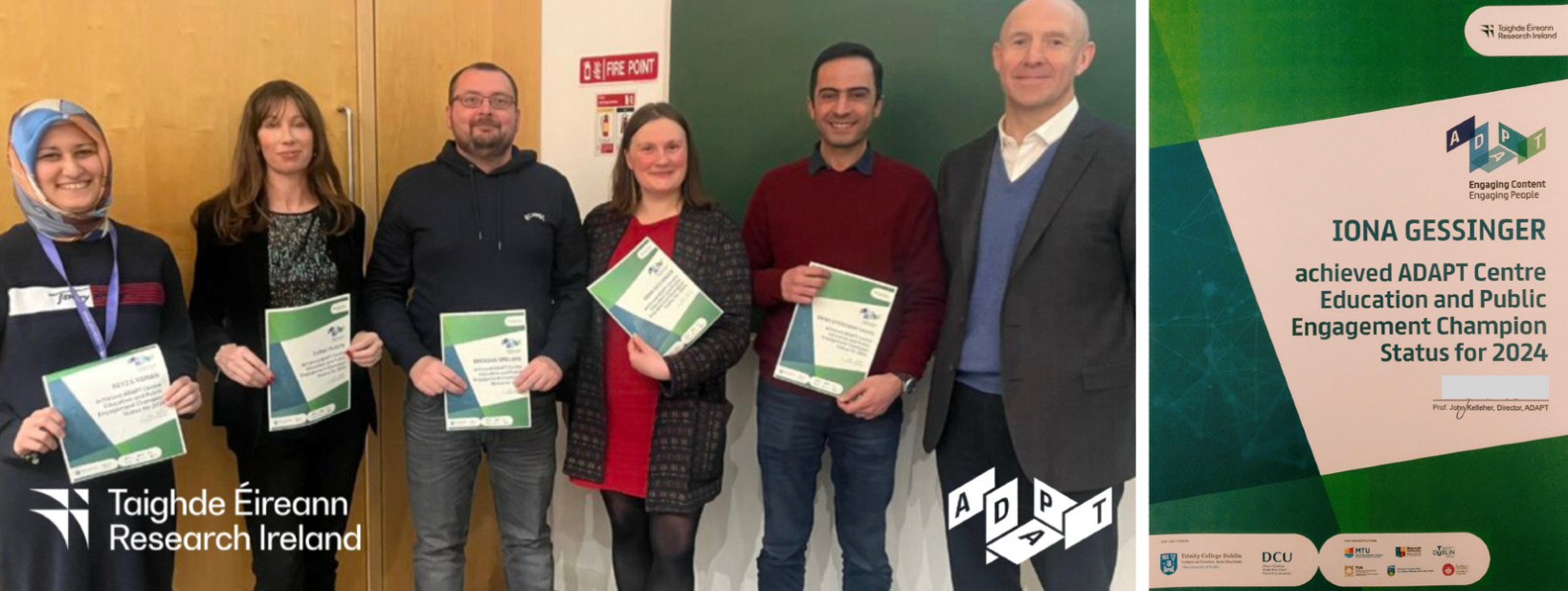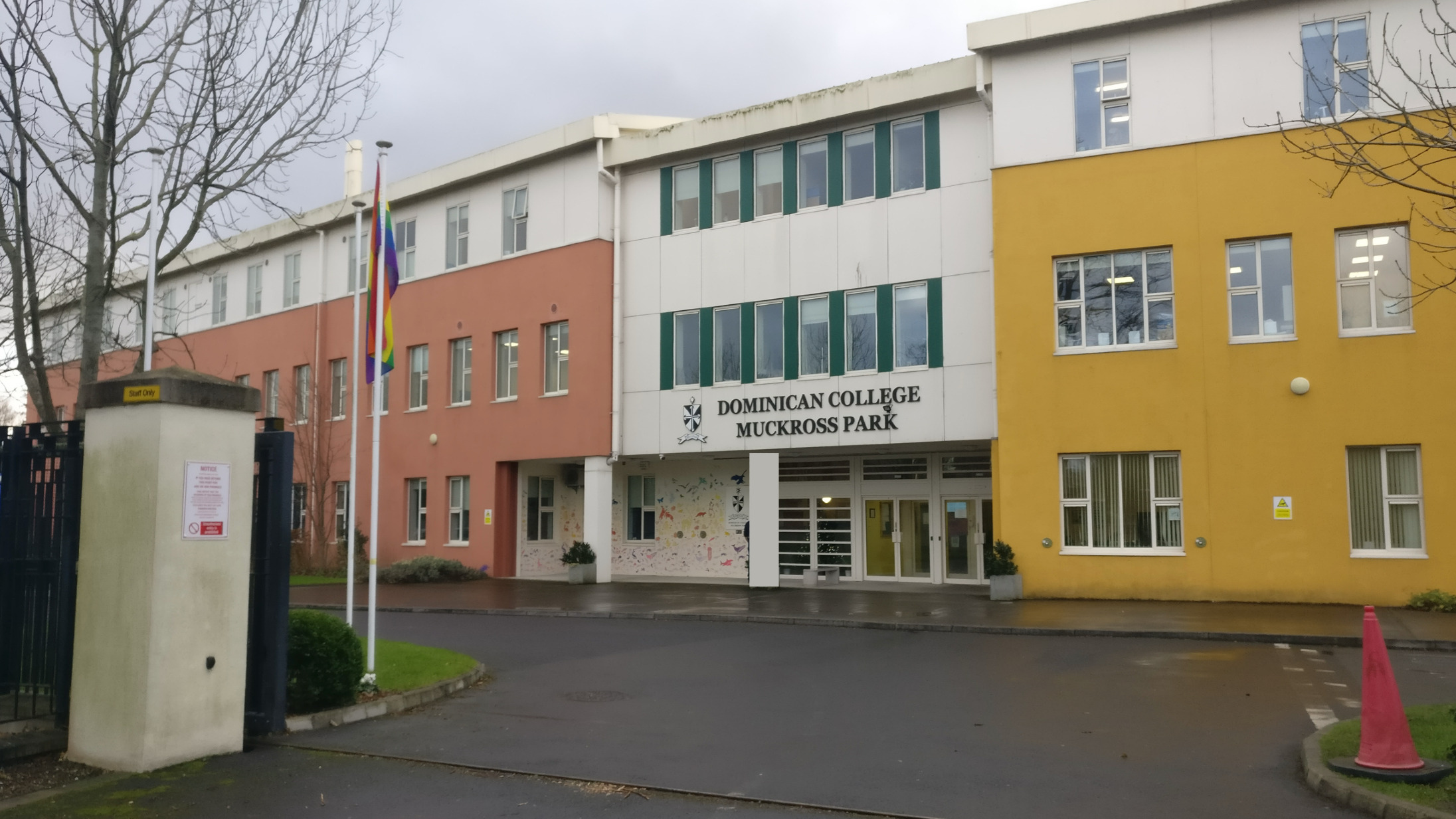28 Jun 2025
I am delighted to share that our article Exploring the Relationship Between Mental Boundary Strength
and Phonetic Accommodation is now published in Language and Speech. 🥂 🍾
The article is available online. #openaccess 🔓
📖 In this study, we explore whether individuals with thinner mental boundaries are more likely to phonetically adapt to their conversation partners. Our results suggest that speakers may accommodate to different types of phonetic features depending on their personality structure.
👀 We look forward to further research investigating how individual personality differences influence accommodation behaviour — for example, using the German Boundary Questionnaire version we provided.
01 Apr 2025
After three fabulous years with ADAPT in Dublin 💚, I am happy to share that I am starting a new postdoc position at
Johannes Gutenberg University (JGU) Mainz and Saarland University, Saarbrücken.
I will investigate the intonational phonology of Judeo-Spanish varieties spoken in Bulgaria 🇧🇬
with Prof. Christoph Gabriel, Prof. Bistra Andreeva, and Prof. Jonas Grünke.
Judeo-Spanish, also known as Ladino, is a heritage language spoken by the descendants of the
Sephardic Jews who were expelled in 1492 from the Iberian Peninsula.
One main area of settlement was the Ottoman Empire and its successor states such as Turkey, Greece, Serbia, and Bulgaria.
Today, fewer than 30 Sephardim living in Bulgaria can still be considered native speakers of Bulgarian Judeo‑Spanish, making this research project an essential endeavor to preserve this important cultural heritage.
20 Feb 2025
The workshop took place at Humboldt University of Berlin and set out to address topics such as:
- User diversity: Which aspects of human speech and language production affect the performance of LSLMs?
- Language use: How are LSLMs able to cope with different languages, dialects, and sociolects? How do they deal with code switching?
- Human adaptation: How does the use of LSLMs affect language comprehension and production? Which alignment effects occur, and in which time spans?
- Model adaptation: How do LSLMs need to be designed to cope with speech and language diversity? How do training and finetuning affect performance?
- Inclusion: What data and technologies are necessary to better cope with diversity in LSLMs?
With my colleague Erfan A. Shams, we presented our work on
How Transformer-based ASR Models Handle Diverse Signal Perturbations
at the Segmental Level.
Together with Dorothea Kolossa (TU Berlin), Georg Rehm (DFKI), and Pierre Zweigenbaum (LISN), I participated in a panel discussion on future research directions that tackle diversity issues in LSLMs, which was moderated by
Pia Knoeferle (HU Berlin) and Sebastian Möller (TU Berlin).

We concluded our trip with a concert at the Berliner Philharmonie. 🎶
Under the motto “Paradise lost?”, the orchestra and choir conducted by Marin Alsop intepreted pieces by
Outi Tarkiainen, Brett Dean,
Aaron Copland, and Heitor Villa-Lobos.
12 Dec 2024

Together with my colleagues Beyza Yaman, Esther Murphy, Brendan Spillane, and Erfan Shams, we received a recognition as Education & Public Engagement (EPE) Champions by ADAPT director John Kelleher.
ADAPT EPE champions are individual team members who lead, or significantly contribute to, the development and/or delivery of EPE strategy and activities. These champions not only play a pivotal role in the creation and delivery of EPE strategies and initiatives, but they also inspire and empower their peers to engage actively.
I was further shortlisted for the Gender, Equality, Diversity, and Inclusion (GEDI) Recognition Award!
The ADAPT GEDI Recognition Award honours significant contributions made to promote equality, diversity, and inclusion within ADAPT. This includes advancements in accessibility and inclusivity across workplace activities, training, community engagement, research innovations, communication, or other aspects of ADAPT’s work.
Absolutely delighted to be an active member of ADAPT, beyond the research activities! 🌷 💕
09 Dec 2024
Leading a workshop to prepare students for the All Ireland Linguistics Olympiad (AILO) is always an end of year highlight.
This year I visited Muckross Park College in Dublin.
The workshop was also attended by students from Oatlands College, Harold’s Cross Educate Together Secondary School, Catholic University School and The Teresian School.

The group did an amazing job at solving puzzles involving three different languages that were unfamiliar to them: Permyak, spoken by around 60,000 people in the north-eastern part of European Russia, Lalana Chinantec, spoken by around 10,000 people in the Oaxaca region of Mexico, and Umbrian, an extinct Italic language once spoken in the ancient Italian region of Umbria.
In July 2025, the international final of AILO will take place in Taipei, Taiwan.
But first, the 100 most successful puzzle solvers from all over Ireland will compete in the national final at Dublin City University in March.
I hope to see some of the students I met today again at the national final — good luck to everyone in the preliminary round! 🤞


